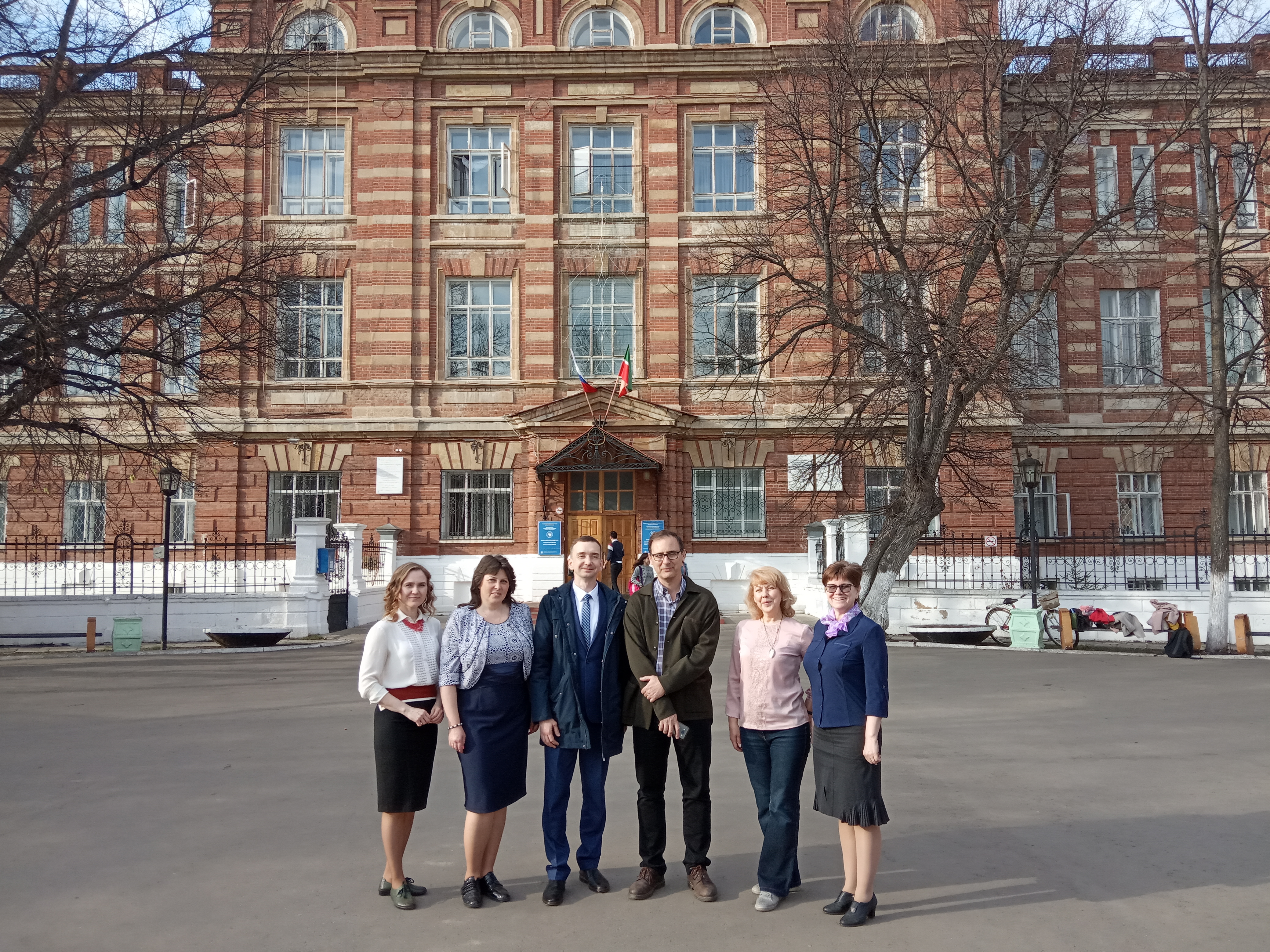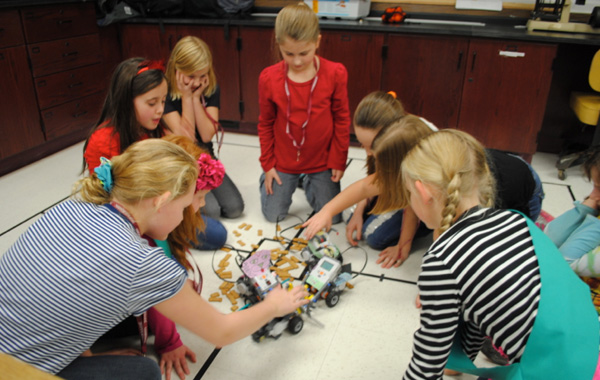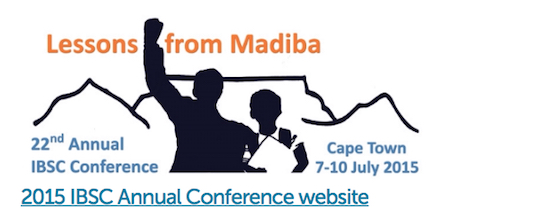
International conference on single-sex education in the Kazan Federal University, Elabuga Institute
Kazan Federal University, Elabuga Institute, held an international conference titled "The situation and prospects of single-sex education in modern schools" last April, 25th-26th, 2019
It was the first time the university has become a discussion platform for scientists and practitioners involved in the topic of single-sex education in schools.
Separate schools for boys and girls today are not uncommon in Russia. They are situated in Moscow, St. Petersburg, Stavropol, the Komi Republic, Tula, Novosibirsk and Tomsk regions, and others. There are 10 single-sex schools in Tatarstan with 2,658 students studying there.
The topic is quite narrow, so more than 50 researchers, teachers and principals gathered around the round table at the Elabuga Institute of KFU to share experience, successful cases, and identify growth points.
The guests were greeted by Rinat Ibatullin, Deputy Director of the Institute, who spoke about today's achievements of the alma mater. Dr.Rinat noted that today the university is ready to cooperate with single-sex schools, which can become platforms for student practice.
The lead speaker at the conference was Shamil Sheymardanov, an associate professor at the Department of Pedagogy of the Elabuga Institute of KFU, who for several years has been researching the topic of single-sex education. Now, thanks to the latest discoveries in biology, sociology, psychology, this trend has received a new impetus for development. Although there are still enough debatable questions, for example, does single-sex education hinder or help socialization, and in the long term - building relationships, creating a family?
In an online broadcast, Doctor of Education, Professor at Udmurt State University Nina Yerofeeva shared data on the psychological and age features that need to be taken into account in the education of boys and girls. So, girls on “seven-year-olds” accumulate knowledge about life scenarios and legends in order to realize them.
Oksana Antoshkina, Principal of Tomsk School No. 2: “Our school was founded at the Russian Parliament meeting in 1909 as a school for boys and girls. In 2012, the question of a merger with a large school arose, and we decided to preserve our uniqueness, reviving the old tradition. Now I can share the results: in the classes of single-sex education there are less absenteeism, attendance has doubled compared with mixed classes. Teachers began to relate to girls and boys in a new way, to develop differentiated tasks, to carefully choose methods and approaches. One more plus - in 2012, among 40 teachers we had one man, now there are 12 of them: not only in physical education, but also in chemistry, physics, maths. We began to actively cooperate with university.”
Yana Evgenova, Deputy Principal of the Syktyvkar Girls’ School: “Unfortunately, not enough attention is paid to the issues of SS education. Therefore, I was very happy when I learned about the possibility of participating in this project. Nice to see colleagues from other regions. I learn with interest how they build the educational process, what problems and difficulties they face. I hope my report will be useful, because it is dedicated to a hot topic - socialization. I will tell you how we built the structure of the educational process, extracurricular activities, additional education, and network interaction. Each detail is important in combination with others, I will resort to a metaphor: if you just sprinkle the cucumber with salt on top, the result will be one, and if you put it in a jar with pickle, another.”
Foreign experience at the conference was presented by Professor of the International University of Catalonia, Jaume Camps. Dr. Jaume addressed the topic “The State and Prospects of Single-Sex education in Catalonia and Spain” as a part of scientific cooperation with the Elabuga Institute of KFU.
As practical part the conference continued in Nizhnekamsk, where participants considered the experience of the Girls’ school No.13 and the Boys’ school No.24.



